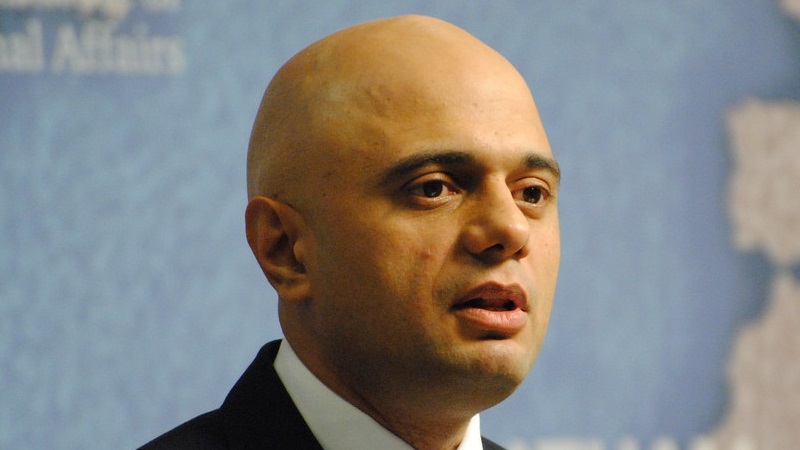Chancellor Sajid Javid’s resignation from his post after defying an order from Boris Johnson to fire his senior advisers has thrown the budget into disarray.
Javid’s resignation was confirmed on Thursday afternoon after news emerged that a string of senior officials had been shown the door. Rishi Sunak will replace him.
According to the BBC, Javid was given an opportunity to stay on as chancellor on the condition he fire all of his advisers, which he refused to do.
Tensions had reportedly been brewing behind the scenes between Javid and other high ranking Tory cabinet officials after he sparred with Johnson’s chief adviser Dominic Cummings over the appointment of Andrew Bailey as the next governor of the Bank of England. Cummings was campaigning against Javid to install BoE deputy governor Andy Haldane in the top job.
Unclear whether budget will go ahead
Quilter said the resignation throws the budget, due on 11 March, into disarray.
“This was supposed to be a low-key reshuffle but instead we have yet another key ministerial change,” said Rachael Griffin, tax and financial planning expert at Quilter.
“One of the key pillars of the Conservative’s election success was the perception that they could be trusted with the economy, and the country was hoping for a period of stability within Westminster.”
Willis Owen head of personal investing Adrian Lowcock said the resignation had sent shock waves through the industry. “With only 27 days to go now until the budget, it is unclear whether it will even go ahead with so little time for Javid’s replacement, Rishi Sunak, to prepare.”
A lot of material would already be in place, particularly because a budget had been planned before the 2019 election, said Nimesh Shah, partner at accounting and tax advisory firm Blick Rothenberg. “Any major changes and decisions that were to be announced would presumably need to be put on hold and assessed by the new Chancellor.”
Policy reforms hanging in the balance
Javid’s resignation leaves several policy changes, including reforms to pension tax relief and entrepreneurs’ relief, hanging in the balance, Lowcock added.
His successor Sunak will have the unenviable task of dealing with several political “hot potatoes”, said Griffin.
“For instance the government has already promised to fix its disastrous pension annual allowance taper, which has led to staffing shortages in key public services, including the NHS,” she said. “The government is also under pressure to address the issue of social care funding which has been kicked down the road multiple times and was a major Tory manifesto pledge.”
The wealth tax on property and Johnson’s £8bn pledge to increase the basic rate tax band to £80,000 are policies that could be back on the table, Shah added.
Javid, formerly the home secretary, was appointed chancellor by Johnson when he became prime minister in July.
Business secretary Andrea Leadsom, housing minister Esther McVey and Northern Ireland secretary Julian Smith were among the casualties in Johnson’s first reshuffle since the December general election.











